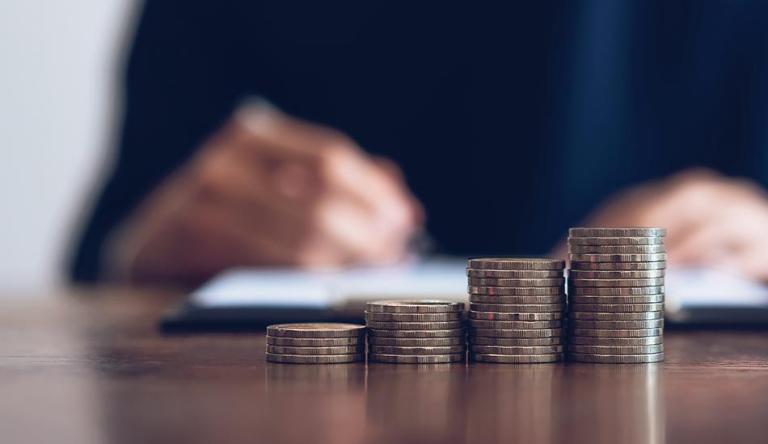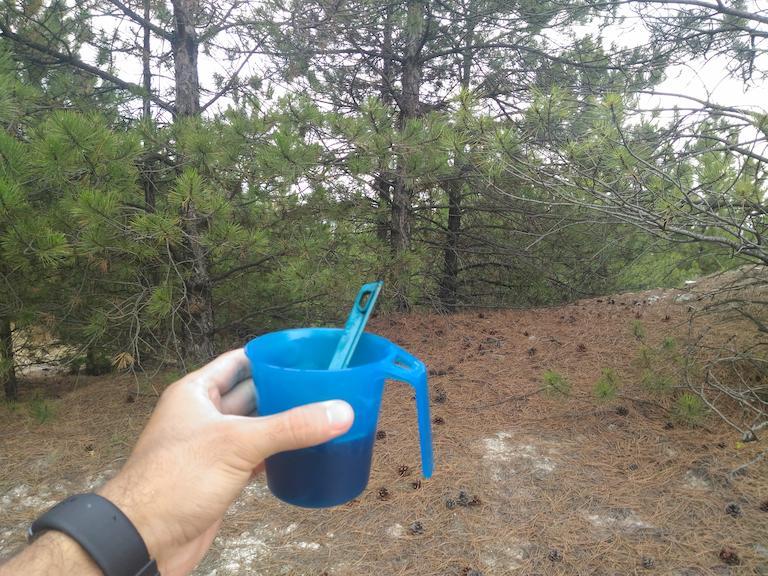Handling Money on a Bicycle Tour
Physically defending your cash, checks, and cards is not always the smartest move and can get you killed if you're on the losing side of a physical confrontation. So, it is best, to be able to hand over whatever necessary to stay out of the hospital or river, and still be able to get money another way.

This is an article about money safety and how to access money when on a cycle tour. There are a number of very good points in this article and offers some excellent suggestions on how to carefully handle money on the road.
I travelled extensively throughout the world working in a number of countries along the way including Afghanistan. I was able to keep my money safe so far.
Basic Advice: Don't fight
Physically defending your cash, checks, and cards is not always the smartest move and can get you killed if you’re on the losing side of a physical confrontation. So, it is best, to be able to hand over whatever is necessary to stay out of the hospital or river, and still be able to get money another way. Have back-ups, and depending on where you are traveling, backups for your back-ups. Don’t keep all of your cards, cash, travellers' check, gold bullion, etc. all in the same pocket or pannier.
That being said it is very, very, very rare outside of large cities to encounter problems unless you have your head in the clouds, are drunk, stoned, or in the presence of such individuals before the sunsets. At night, outside of big cities, unless you have your head in the clouds, are drunk, stoned, or in the presence of such individuals, you are still very unlikely to have any problems.
If you are in a big city ask the locals what parts of town are safe, during the day and at night, pay attention, and don’t walk around drunk, stoned, or with your head in the clouds.
If you do have problems, it is a great relief to have a backup source of funds. All banks and card issuing services, that I am aware of, will only send replacement plastic to your home address. This doesn’t present much of a problem in the states, where you can have the card forwarded to you by your family members for a relatively small cost, but having a card shipped abroad overnight is not cheap. Travellers' checks do not instantly regenerate either. So being able to let a card, cash or travellers' check go, and having a totally separate source of funds hidden away will keep you from getting in a complete bind. I’ve been there before, trust me, it sucks.
Neck wallets, money belts, secret pockets, cash in your tires, $50 in the bottom of each pannier and shoe, travellers' checks in seat tubes, wallets stuffed with useless cards, etc are all options to attempt to keep your valuables with you. They may work and they may not. Regardless, do not keep everything in the same place.
Options for Accessing Money Abroad
Credit Cards are protected if they are stolen, they do not have a daily limit other than your max, and you can easily rent a car or boat with one. Their biggest drawback is that you are charged a high percentage on cash withdrawals, and sometimes a flat fee on top of that. You also need to make arrangements so you can have them paid while you are on the road, either with a family member or online. Visa and MasterCard are the only two that you should even consider for travel abroad, as AMEX, Discover, etc are nearly as useful as a third nipple.
Debit Cards do not charge a percentage of an ATM withdrawal, but depending on the banks involved can cost up to $7 for a single overseas ATM transaction. Using them at any exchange hut will get you the same lame deal as a credit card would; so find an ATM if possible. Most do not have the protection Credit Cards offer if they are stolen. If they do offer some sort of theft protection it is usually a relatively small amount of coverage. So you may have to absorb however much a thief manages to drain out your bank account before you can cancel it. Hence it is not a good idea to have $20k in the account linked to it. Luckily they usually have a daily limit too, yet it could put you in a bind if you need to make a big emergency purchase. They are also worthless when it comes to renting cars and the like when a ‘hold’ needs to be put on your card.
Debit and Credit Cards are watched fairly closely for ‘unusual charges.’ What they are exactly I do not know, but apparently, I’ve had a lot of them. Before travelling abroad notify your card company(s) where you will be going, so they’ll wait an extra day to block your card(s). Get the telephone numbers that you will need to call to have them unblocked before you leave.
American Express Travelers Checks can be cashed at most banks worldwide. They are as good as cash at 99.999% of exchange huts, can be cashed at a surprising number of stores in tourist towns, and can be changed on the streets quite easily as well, though all will charge you a fee for the process, but not as much as a credit card withdrawal or an over-the-counter card withdrawal.
American Express now has a ‘Travel Funds’ card. It is basically an AMEX credit card that you preload with funds. You can take cash withdrawals at AMEX stations; with the same small or nonexistent fee that AMEX Travelers Check get. It can also be used at ATMs and stores that accept AMEX. I’ve seen only a handful of places and ATMs, which accept American Express in Europe, The Eastern Bloc, and Africa, so it may not be an improvement over AMEX Travelers Checks except for less bulk.
US Dollars are easily exchanged anywhere in the world.
Summary
I recommend having at least one debit card and at least one credit card, one being a Visa and the other a MasterCard, along with a few hundred dollars in backup travellers' checks, when travelling to any place where getting replacements could be an expensive problem. In less proper countries, small denominations of US Dollars are good for greasing the palms of border guards, police, bouncers, and other people who can help or hurt you. Do not keep everything in the same ‘secret’ place. Know the phone numbers of your bank, credit card company, etc. before you leave in case you have problems.
